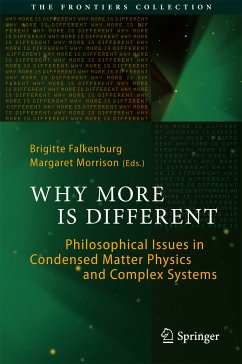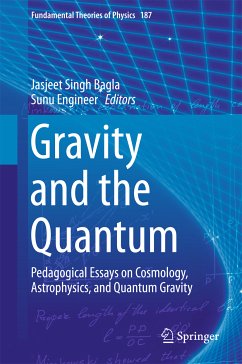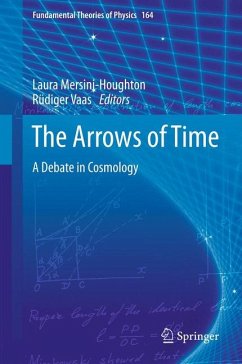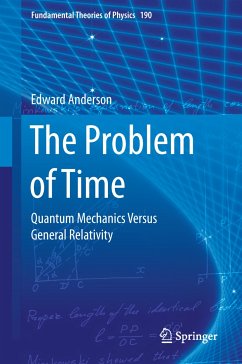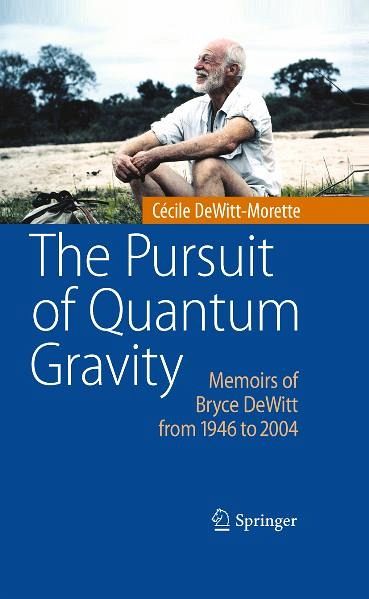
The Pursuit of Quantum Gravity (eBook, PDF)
Memoirs of Bryce DeWitt from 1946 to 2004
Versandkostenfrei!
Sofort per Download lieferbar
60,95 €
inkl. MwSt.
Weitere Ausgaben:

PAYBACK Punkte
30 °P sammeln!
1946 is the year Bryce DeWitt entered Harvard graduate school. Quantum Gravity was his goal and remained his goal throughout his lifetime until the very end. The pursuit of Quantum Gravity requires a profound understanding of Quantum Physics and Gravitation Physics. As G. A. Vilkovisky commented , "Quantum Gravity is a combination of two words, and one should know both. Bryce understood this as nobody else, and this wisdom is completely unknown to many authors of the flux of papers that we see nowadays."Distingished physicist Cecile DeWitt-Morette skillfully blends her personal and scientific ...
1946 is the year Bryce DeWitt entered Harvard graduate school. Quantum Gravity was his goal and remained his goal throughout his lifetime until the very end. The pursuit of Quantum Gravity requires a profound understanding of Quantum Physics and Gravitation Physics. As G. A. Vilkovisky commented , "Quantum Gravity is a combination of two words, and one should know both. Bryce understood this as nobody else, and this wisdom is completely unknown to many authors of the flux of papers that we see nowadays."
Distingished physicist Cecile DeWitt-Morette skillfully blends her personal and scientific account with a wealth of her late husband's often unpublished writings on the subject matter.
This volume, through the perspective of the leading researcher on quantum gravity of his generation, will provide an invaluable source of reference for anyone working in the field.
Distingished physicist Cecile DeWitt-Morette skillfully blends her personal and scientific account with a wealth of her late husband's often unpublished writings on the subject matter.
This volume, through the perspective of the leading researcher on quantum gravity of his generation, will provide an invaluable source of reference for anyone working in the field.
Dieser Download kann aus rechtlichen Gründen nur mit Rechnungsadresse in A, B, BG, CY, CZ, D, DK, EW, E, FIN, F, GR, HR, H, IRL, I, LT, L, LR, M, NL, PL, P, R, S, SLO, SK ausgeliefert werden.






